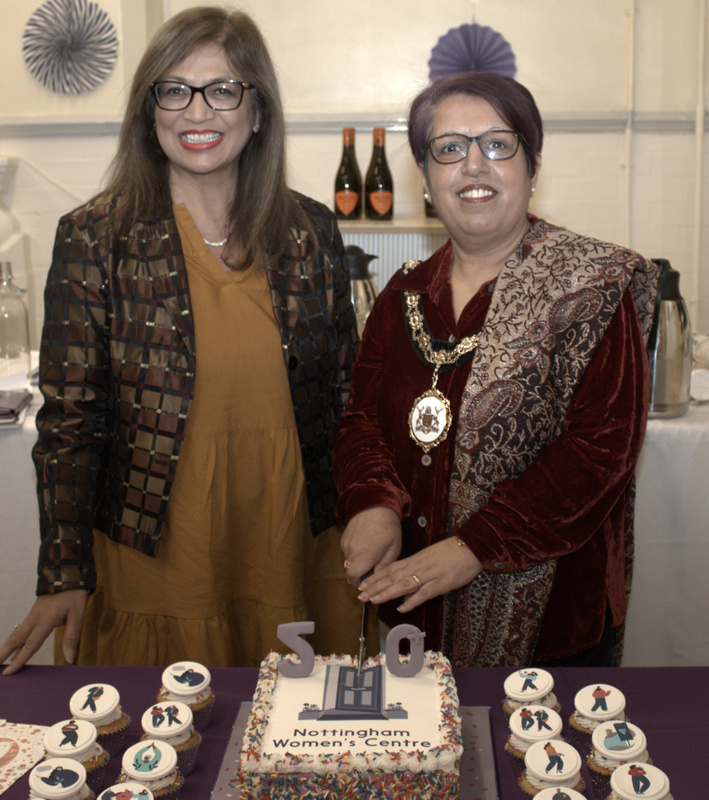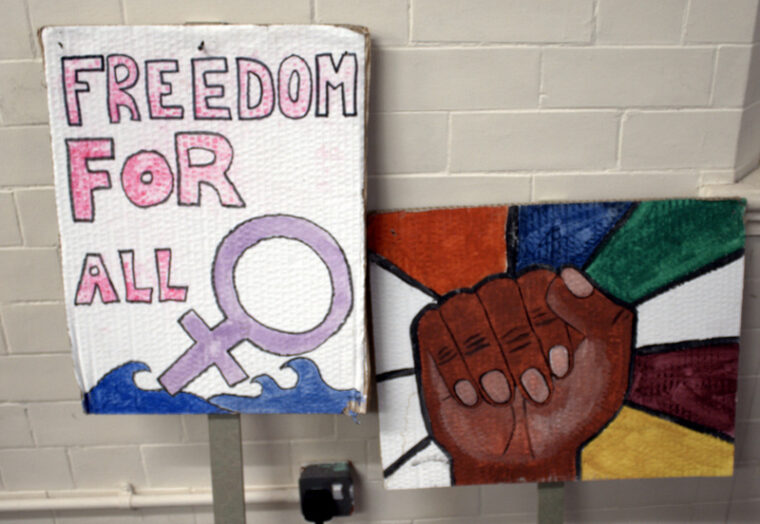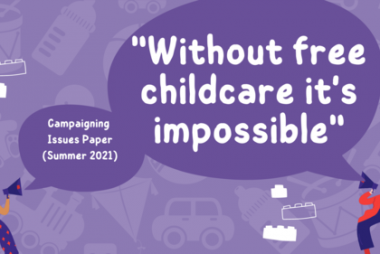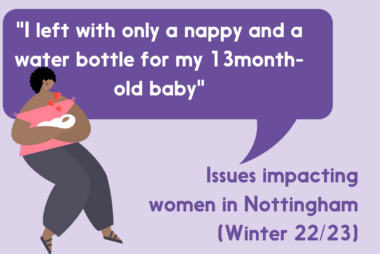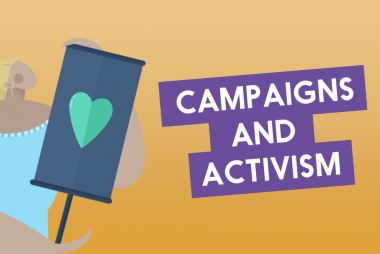
It’s an election year! A time to choose MPs who best represent our values. In Nottinghamshire, we have a new opportunity! We can choose our first Mayor of the East Midlands, and a Police and Crime Commissioner.
Nottingham Women’s Centre is putting together a Women’s Manifesto. The aim is to ensure that women’s voices are at the centre of decision making for the new government.
What issues affecting women would you like the new government to address?


